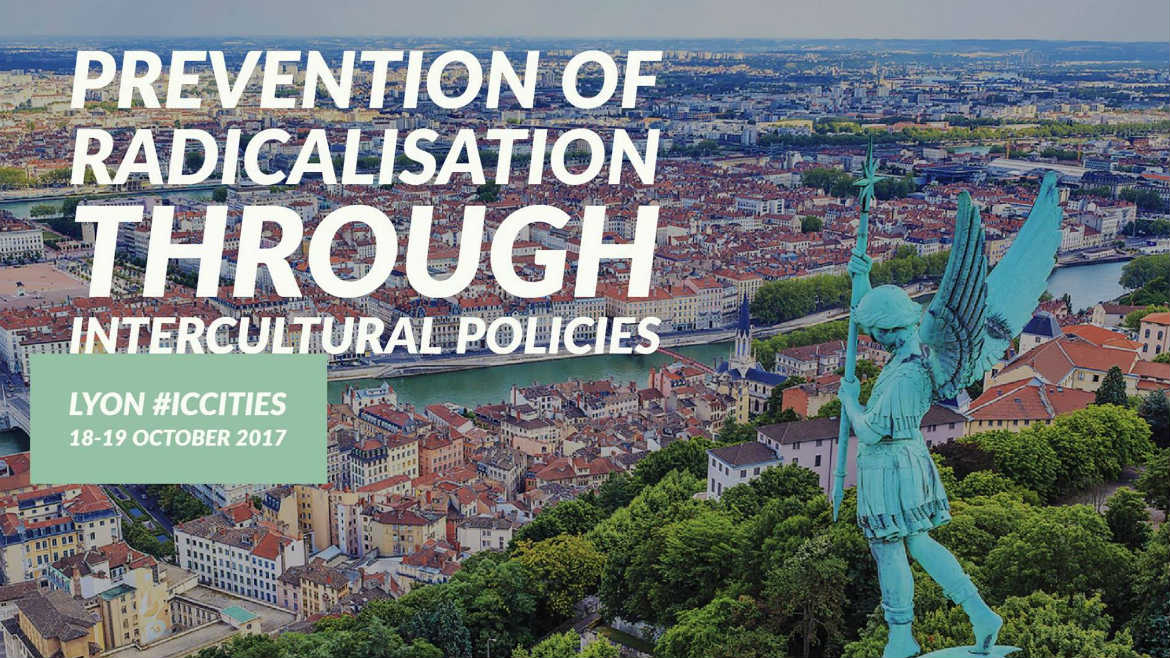On 18 and 19 October 2017, Council of Europe´s Intercultural Cities network conducted a study visit to Lyon, France to discuss the prevention of violent extremism and radicalization, by bringing examples of how the intercultural integration approach, through education, culture, mediation and conflict prevention, can help mitigating growing fears of terrorism and radicalisation. It also stimulated a reflection on the role that the actors of the local level in intercultural cities can play in preventing violent extremism and long-term radicalisation.
Among the conclusions, the participants highlighted the following main principles:
- Public policies that aim to prevent radicalisation must be planned on the medium and long term and, as far as possible, shared and supported across political divides.
- Combating radicalisation and violent extremism requires close and coordinated collaboration between all concerned actors, at all levels of governance (local, regional and national) and with the civil society working on the ground.
- Actions to prevent radicalisation and violent extremism must ensure that the root-causes (often social) that make a certain part of society vulnerable to radicalization are addressed, and not just the ideologies.
- States and local authorities should promote a positive image of diversity in all sectors, including in the public and cultural spheres.
Social and ethnic mixing must be pursued in spatial planning policies, as well as in social housing and access to education



